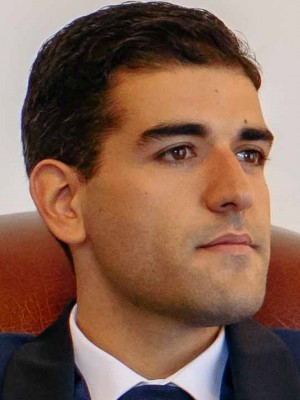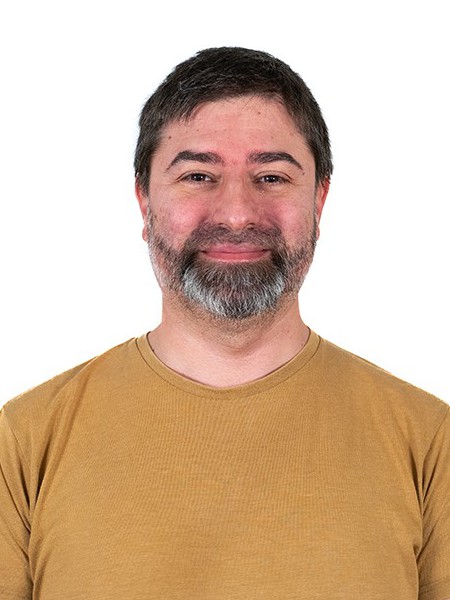resumo
The search for better and inexpensive magnetoelectric materials is now commonplace in solid state physics. Intense coupling between technologically viable electric and magnetic properties, embedded in a single material, is still an attribute greatly pursued by the scientific community. Following this line of thought, using DFT, the study of a specific interface between the TiO(2)layer of BaTiO(3)and a monolayer of Fe atoms is presented, probing different uni-axial strain effects of the considered supercell. Depending on the strain, several different metastable magnetic states are predicted: a perfectly balanced antiferromagnetic state, an unbalanced ferrimagnetic state, a ferromagnetic state, and a non-magnetic state where each atom has its total magnetic moment quenched. Since these multiple magnetic states can be reversibly controlled by strain, under optimized conditions, this interface can switch from the ferromagnetic state (mu approximate to 2.2 mu(B)per Fe-atom) to the non-magnetic state (mu= 0 mu(B)per Fe-atom), enabling enticing prospects for technological applications.
palavras-chave
ENTANGLEMENT
categoria
Chemistry; Physics
autores
Amorim, CO; Goncalves, JN; Amaral, JS; Amaral, VS
nossos autores
Grupos
G2 - Materiais Fotónicos, Eletrónicos e Magnéticos
G6 - Materiais Virtuais e Inteligência Artificial
agradecimentos
This work was developed within the scope of the project CICECO-Aveiro Institute of Materials, UIDB/50011/2020 and UIDP/50011/2020, financed by national funds through the FCT/MEC and when appropriate co-financed by FEDER under the PT2020 Partnership Agreement. FCT is also acknowledged for grants SFRH/BD/93336/2013 (C. O. A.), SFRH/BPD/82059/2011 (J. N. G.), and IF/01089/2015 (J. S. A.).




